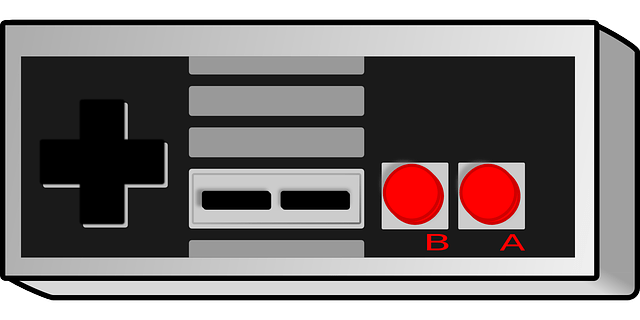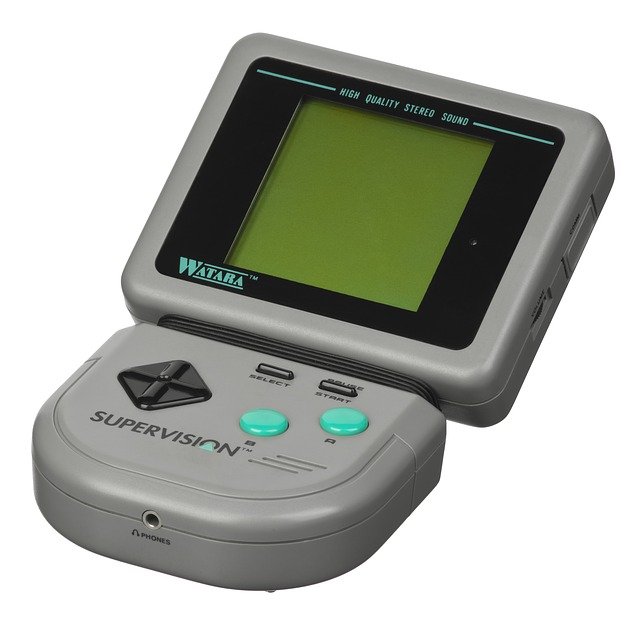Ever since the home console boom of the 1980s, gaming has become an increasingly popular pastime for adults and children alike. In the decades since video games entered everyday life, simple, single-screen games have given way to epic online adventures developed by teams of hundreds of talented artists, writers and programmers. This evolution in the way games are developed, what they look like, and how they play is reflected by a change in the way we enjoy the hobby. We can now play online with friends at the drop of a hat, something that has proven hugely beneficial during the COVID-19 pandemic. Like anything, however, there’s always a chance we can take things too far, which is why gaming addiction has become a recognised disorder by the World Health Organization. It’s also led to the formation of the National Centre for Gaming Disorders by the NHS. If you’re worried that you or a family member may be addicted to gaming, then these are some of the signs and symptoms to look out for.
According to the UK Addiction Treatment Centre, the eight physical and psychological symptoms that could be a sign of gaming addiction are as follows…
• Unusual preoccupation with the idea of getting back online to play
• Self-imposed isolation in order to guarantee uninterrupted play
• Feelings of irritability and restlessness when not playing games
• Lying about the amount of time spent gaming
• Persistent headaches caused by too much screen time
• Carpal tunnel syndrome caused by excessive use of gaming devices
• Diminished personal hygiene and poor diet
• Persistent fatigue due to lack of sleep.
Of course, it’s important to point out that the above symptoms don’t necessarily mean you or a loved one is a gaming addict.
Some of the behaviours may be linked to other underlying issues and factors, so it’s advisable to look at the complete picture before jumping to any conclusions.
Likewise, the above list isn’t exhaustive, and not everybody with a gaming problem will experience the same symptoms.
If you remain convinced that you or somebody you know may have a problem, then you should visit the National Centre for Gaming Disorders website.
“To request a referral form or if you would like further information about the gaming clinic, please email [email protected] or call 020 7381 7722,” the website states.
The NHS centre works with individuals and family members to assess the impact gaming has on your life, before using goals and Cognitive Behavioural Therapy techniques to make positive changes to your lifestyle.
As for what makes gaming such a potentially addictive pastime, the UK Addiction Treatment Centres website believes that it has something to do with the consistently rewarding nature of video games.
“A person addicted to heroin or cocaine enjoys a certain amount of pleasure every time he or she uses. That pleasure is a direct result of reward centres in the brain being activated. The same thing applies to gaming.
“What is different with gaming is that the rewards are more frequent and tangible. Where the drug act merely ‘feels good’ after taking drugs, the gamer enjoys additional rewards.
“The gamer enjoys the adrenaline rush of completing certain tasks; he or she is challenged to move to the next level; the gamer is rewarded for beating opponents or defeating enemies.
“With gaming addiction, the rewards just keep piling up with every level completed. There is literally no end in sight.”
This is why online-centric video games are often seen as more addictive, because they’re designed to be played continuously.
The ability to be somebody else within the virtual world is also seen as a contributing factor to gaming addiction, as are the subtle gambling mechanics employed by certain video games.
Ultimately, however, it’s worth remembering that for the vast majority of people, gaming isn’t just a harmless form of entertainment, it’s a hobby with countless benefits.
Whether it’s the ability to connect with friends, unwind after a stressful day, or even – in the case of games like Minecraft – the chance to show off your creative side, gaming is a force for good, just so long as you don’t overdo it.



